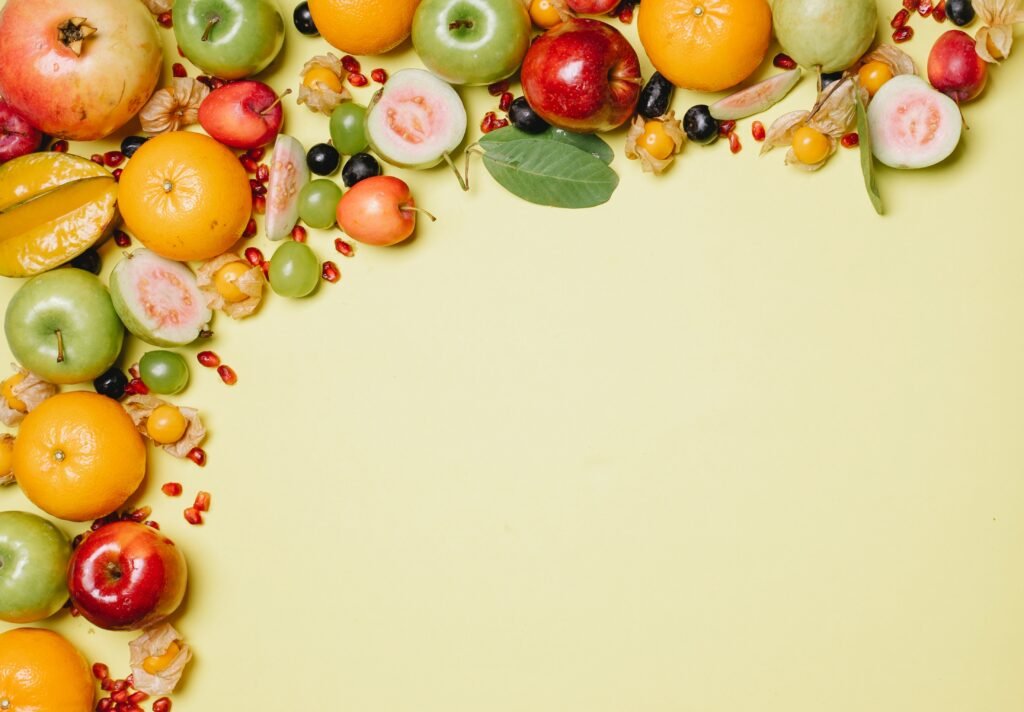Hypertension, commonly known as high blood pressure, is a medical condition in which the force of blood against the walls of your arteries is consistently too high. Consequently, this condition can strain the heart, damage blood vessels, and lead to serious health problems such as heart disease, stroke, and kidney disease. Importantly, nutrition plays a crucial role in managing and preventing hypertension. So, let’s explore how food intake can contribute to hypertension:
1. Sodium (Salt) Intake:
Excess sodium intake, which significantly contributes to hypertension, can cause water retention and increased blood pressure. To manage hypertension effectively, it’s crucial to limit daily sodium intake. In this regard, aim for around 2,300 milligrams (1 teaspoon of salt) per day, or even lower—about 1,500 milligrams daily if you have high blood pressure, diabetes, or kidney disease.
2. Potassium-Rich Foods:
Potassium, on the other hand, helps counterbalance the effects of sodium on blood pressure. Therefore, consuming more potassium-rich foods can help lower blood pressure. Notable examples of foods high in potassium include bananas, oranges, potatoes, sweet potatoes, spinach, beans, and tomatoes.
3. Magnesium and Calcium:
These minerals are also important for blood pressure regulation. Aim to include magnesium-rich foods like nuts, seeds, and leafy greens, as well as calcium-rich foods like dairy products or fortified alternatives, in your diet.
4. Fiber and Whole Grains:
High-fiber diets, especially those rich in whole grains, have been associated with lower blood pressure. Choose whole grains like brown rice, whole wheat bread, and oats over refined grains.
5. Limit Alcohol and Caffeine:
Additionally, excessive alcohol and caffeine intake can contribute to high blood pressure. Moderation is key.
6. Reduce Added Sugars:
Moreover, Diets high in added sugars may lead to weight gain and obesity, which are risk factors for hypertension. Reduce sugary beverages, sweets, and processed foods.
7. Healthy Fats:
Focus on unsaturated fats, such as those found in olive oil, avocados, and fatty fish like salmon. These fats can help improve heart health.
8. DASH Diet:
The Dietary Approaches to Stop Hypertension (DASH) diet is a well-known eating plan designed to lower blood pressure. It emphasizes fruits, vegetables, lean proteins, whole grains, and low-fat dairy while limiting sodium, saturated fats, and added sugars.
9. Portion Control and Weight Management:
As a result, Maintaining a healthy weight through portion control and regular physical activity is essential for managing hypertension.
In summary, nutrition plays a significant role in managing hypertension. In pursuit of better heart health, adopting a diet that emphasizes whole, unprocessed foods is paramount. Additionally, this diet should limit sodium and added sugars while incorporating key nutrients like potassium and magnesium. Consequently, such dietary choices can help lower and manage high blood pressure. Nevertheless, it’s essential to keep in mind that in all cases, consulting with a healthcare professional is crucial for personalized advice and treatment options.






